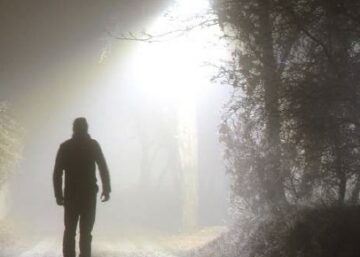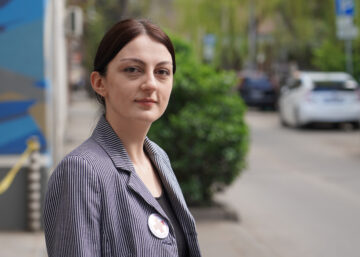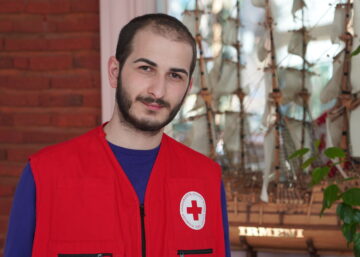“While I was working 24/7 on the front line of the pandemic, I missed my father’s serious diagnosis – lung cancer. We could not safe his life – it was already too late. I lost him and it was a huge psychological trauma for me”.
Obviously, any infectious disease specialist is used to the idea that he/she may have to work in an extreme situation; maybe on the front line of an epidemic. My colleagues and I remember many difficult times. Among them is the fight against the H1N1 flu strain. However, the COVID pandemic turned out to be an unprecedented challenge.
The number of difficult patients increased rapidly. Neither human resources nor infrastructure proved to be sufficient. We doctors ourselves had to carry special generators to supply oxygen to terminal patients. During the first wave of the pandemic, when the number of patients increased, we had many cases of COVID-19 in the team, the number of health care staff was already insufficient and we – the remaining staff – had to work 24/7.
In order not to put our family members in danger, we spent the night in specially designated hotels for healthcare workers. For 3 months, I did not see my family – neither children, nor my spouse, nor my parents…
They left clean clothes at the hotel reception and took the old ones home to wash. Soon, during this period, I also got infected with COVID. Fortunately, the disease did not turn into a severe form (special thanks to my doctor, Nara Stepanova). It was exactly during this period that I missed my father’s serious diagnosis – lung cancer. We could not save his life – it was too late. So I lost my dad and it was an enormous psychological blow for me, both as a doctor and as a son. I could hardly bear this pain. Though my profession and work turned out to be what brought me back to life.
The second huge wave of the pandemic coincided with the ongoing war in the country. At that time, many volunteers and soldiers who went to the front were infected – the flow of patients never stopped.
Among them was a very young boy who fought non-stop for 30 days on the front line. It was then that he got infected. He was admitted to our hospital with 72% lung damage. His condition was extremely serious. The patient was suffering a lot – in fact, he couldn’t breathe. Our entire team concentrated on saving him, but progress was not seen for long. There was almost no hope that he would pull through when the infection finally began to recede.
The boy survived.


